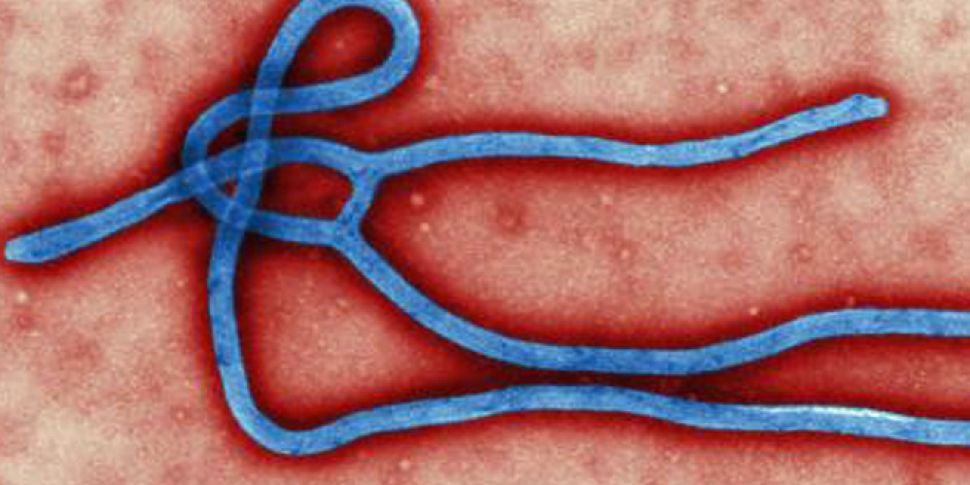The weekly total of new Ebola cases has fallen below 100 for the first time since June of last year.
The World Health Organisation says 99 cases were confirmed in the week to the 25th of January.
It says the focus has now moved from slowing transmission of the virus to ending the epidemic.
The organisation says "to achieve this goal as quickly as possible, efforts have moved from rapidly building infrastructure to ensuring that capacity for case finding, case management, safe burials, and community engagement is used as effectively as possible."
Here you can find the latest WHO #Ebola situation report http://t.co/vgRsdukHBW pic.twitter.com/YR7MccSX7P
— WHO (@WHO) January 29, 2015
UN Ebola coordinator David Nabarro has said: "The number of cases is decreasing week by week and getting to zero in many places.
"But we still see occasional flare-ups. The epidemic is not contained yet," he added.
It comes as scientists investigating the outbreak in Guinea have said that the virus has mutated since the first cases were identified early last year.
Researchers at the Institute Pasteur in France say they have detected substantial changes to the genetic code of the virus.
Although they do not yet know what effect that will have on the epidemic, they fear the virus could spread from person to person more easily.
In previous Ebola outbreaks, the virus has only infected a few dozen people and died out within weeks.
But the current prolonged epidemic has given the virus time to pass through many more generations, in many more people, giving it greater opportunity to evolve.
Scientists say it is highly unlikely that the mutations will lead to Ebola becoming airborne.
But the virus - originally from fruit bats - could become better adapted to living in humans.
Scientists say some people may even carry the virus without showing symptoms, leading it to spread more rapidly.
The changes to the virus could also result in resistance to drug treatments - and reduce the effectiveness of vaccines currently being developed.
Originally posted at 10.34am









